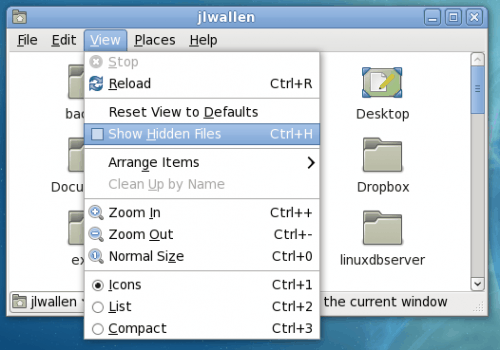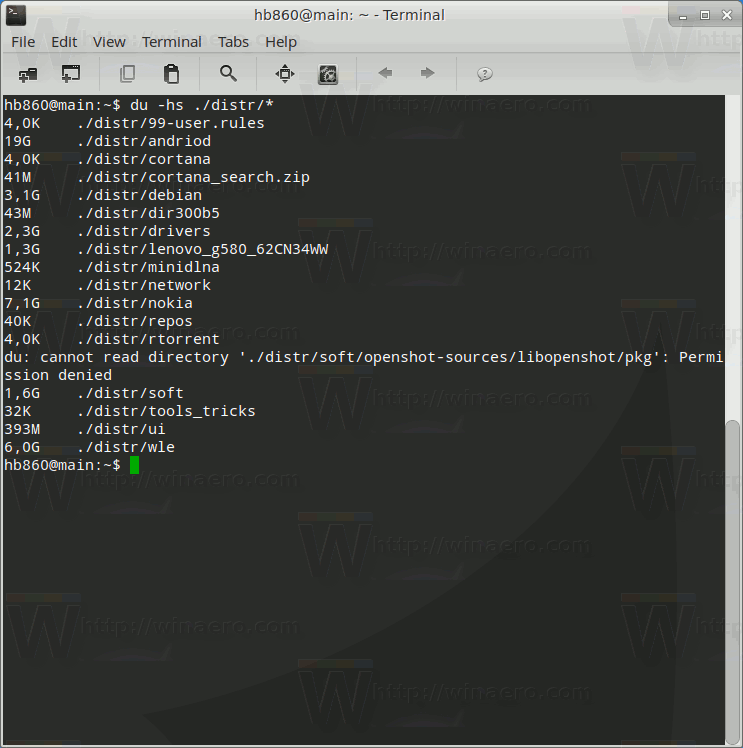
\( -name "test" -or -name "sample" \) -user root -size +1M -size -5M File Size, Ownership and OR Operator - Find all files with names 'sample' or 'test' under ownership of root user that greater than 1 Mega and less than 5 Mega. type d means directory -name related to regular expression to any variation of route string -maxdepth making the finder focusing on 3 subtree depth and no more /depth1/depth2/depth3)ĥ. only and no more deeper) find app -name "*route*" -type d -maxdepth 3 Depth - Find all routes patterns directories in app directory no more than 3 dimensions ( app/././. type f means file -name related to regular expression to any variation of controller string and dash with. find /user/dev/app -name "*contoller-*\.js" -type f Regex and File Type - Find all javascript controllers variation names (using regex) javascript Files only in my app location. More Useful examples which can demonstrate the power of flag options and operators:ģ. name "package.json"Ģ.Find by Name and Type - find all node_modules directories from ALL file system (starting from root hierarchy ) sudo find / -name "node_modules" -type d The Traditional Formula would be : find -flag ġ.Find by Name - Find all package.json from my current location subtree hierarchy. In addition you can use operators and combine find requests such as.Regular expressions queries, file types, size thresholds, depthsĭimensions in subtree, groups, ownership, timestamps, modification/creation date and more. You can make the find action be more efficient and smart by controlling it with.Listed, evaluating an expression (composed of the 'primaries' and You can also execute commands against the files or directories that you find.The find utility recursively descends the directory tree for each path You can find virtually anything on your filesystems, whether its a file or directory. The find command in Linux is a very powerful tool. Whenever find matches a file found in your home directory or any of its child directories, it will execute the cp command to copy it to the /temp directory. To execute commands against discovered files and directories you use the exec flag. This may be to set permissions on directories only of a given path, or to copy matching files to a specific location. There are many scenarios where you find yourself needing to execute a command against the returned file list. find ~/ -name "tutorials" -type d Executing Commands Against Found Files Files will be ignored and they will not be included in your search results. find /var/log -newerct `10 minutes ago` -print Finding a DirectoryĪlternative, to narrow your search down to directories only, you can use use the -type flag with the value d. To find a file a file created within the last 10 minutes you use the -newerct command. Have you ever needed to find a file that was created within the last few minutes or day? Thankfully, the find command also supports finding files and directories based on age. find /opt/service -uid 1024 Finding Files based on Age find /opt/service -user jsmithĪlternatively, to search by user ID instead you the -uid flag. To find files owned by a user named jsmith, you use the -flag in your comand with the name of the user. We have the option of searching by username or even uid (user id). find /my/media -type f -size 2G Finding Files Owned by a Userįinding files based on ownsership is also possible. The following example searches for files that are 2 gigabytes in size, rounded up by blocks of 512 bytes.


The size can be represented in kilobytes, megabytes, gigabytes, terabytes, or even petabytes. To narrow your results, the find command can search for files matching a specific size. The -type f instructs the find command to only match the -name string against files. find ~/my/files -name "tutorials" -type f Using the example above, in order to find just files with the name “tutorials” you would execute the following command. To narrow your search down to files only you use the -type flag with the find command. The basic syntax of the find command looks like the following find -name=įor example, to search for a file or directory named “tutorials” from your home directory, you would execute the following command. By default it will match a string against both files and directories.

The find command can used to find files, directories or both.
#Find file on linux host how to
You will also learn how to execute commands against files returned by the find command. In this tutorial, you will learn how to use the find command to find files and directories on your Linux filesystems.


 0 kommentar(er)
0 kommentar(er)
